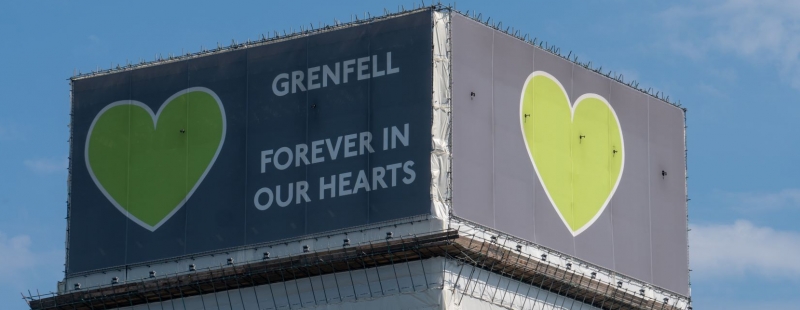The Building Safety Act 2022 is a significant piece of legislation that was introduced with the aim of improving the safety of buildings in the United Kingdom. The act applies to buildings which are at least 11 metres in height or five storeys from the ground and was implemented following the Grenfell Tower tragedy, where 72 people lost their lives due to a fire in a high-rise residential building.
The act introduces a number of new measures to ensure that buildings in the UK are designed, constructed, and maintained to a high level of safety. These measures include the creation of a new building safety regulator, a new regulatory framework for buildings, and a new system of building safety certificates.
Landlords will be considered dutyholders under the new Act and will have a responsibility for ensuring the safety of their buildings. This means that landlords will need to take steps to identify and manage any risks related to the safety of their buildings, and to take action to address any concerns.
The Building Safety Act 2022 contains several key provisions that landlords should be aware of:
- Building Safety Regulator: The Act establishes the Building Safety Regulator (‘BSR’), which will oversee the safety of high-rise residential buildings. The Regulator will publish guidelines and regulations that landlords must comply with to ensure the safety of their buildings. Landlords should work with the Building Safety Regulator to ensure compliance with the Act and to address any concerns or issues that may arise.
- Building Safety Certificate: Landlords of high-rise residential buildings will be required to obtain a building safety certificate. The certificate will indicate that the building meets the necessary safety standards. To obtain the certificate, landlords must provide evidence of regular safety inspections and checks. Landlords should therefore keep records of all safety inspections and checks, as well as any actions taken to address any concerns.
- Enforcement Powers: The Building Safety Regulator will have enforcement powers to take action against landlords who fail to comply with the Act. This could include fines, prosecution, or even imprisonment for serious breaches of the Act.
- Fire Safety Measures: The Act requires all high-rise residential buildings to be fitted with sprinkler systems and other fire safety measures. Landlords should ensure that their buildings comply with the new fire safety measures required by the Act and should conduct a fire risk assessment of their buildings to identify any potential hazards and risks.
- Serve Notices: Landlords will be required to serve notices to demonstrate that they qualify for protection under the act.
Upcoming important dates
- In April 2023, existing occupied high-rise buildings will be registerable.
- By October 2023, all existing occupied high-rise buildings must have been registered and the BSR will become the regulatory authority for all high-rise residential buildings.
- April 2024, the BSR will be able to enforce Building Regulation Certificates.
Overall, the Building Safety Act 2022 is an important piece of legislation that aims to improve the safety of high-rise residential buildings in the UK. While there have been concerns about the cost of implementing these measures, the government has argued that the cost of failing to act could be much higher.
If you would like to seek advice on the Building Safety Act from our Conveyancing team, or have another legal query, please contact our dedicated Client Relations Team on 01603 693510 or email us using the ‘Make An Enquiry’ form on our website.
Our legal team provide a full range of legal services for businesses, families, and individuals. The personal legal services we offer include conveyancing, family law including separation and divorce, personal injury, clinical negligence, employment law, wills, trusts, lasting powers of attorney and probate. Legal services for businesses include debt recovery, litigation and disputes, landlord and tenant services, employment law and commercial property.
